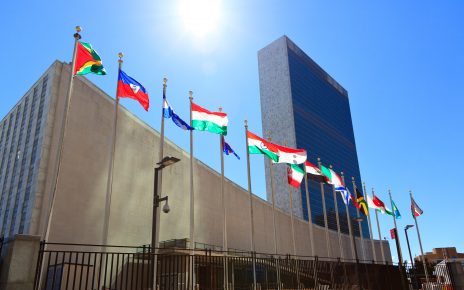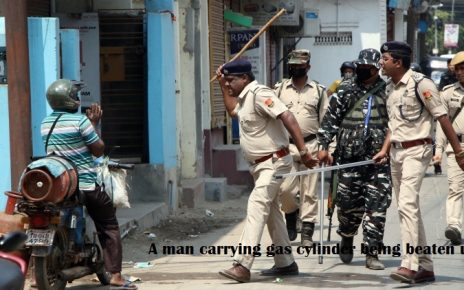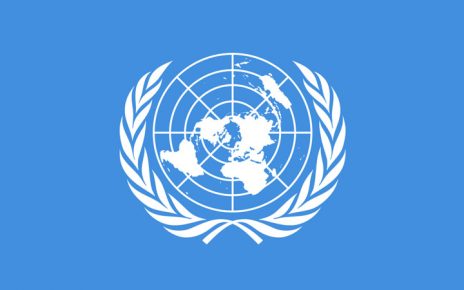In its report, “NO EXCUSE OF KLEPTOMANIA: Poverty, Prejudices and Torture in India” released today, the National Campaign Against Torture (NCAT) stated that the National Human Rights Commission its Annual Reports from 1996-97 to 2017-18 had cited 95 illustrative cases of custodial deaths, and out of these, the victims in 68 cases comprising 71.58% belong to the poor or marginalised sections of the society while the socio-economic background of 24 victims constituting 25.26% could not be ascertained and only three victims comprising 3.19% were found to be from middle-class families.
“If a poor lifts something unauthorisedly, he/she is immediately accused as a thief and often subjected to beatings at the hands of the public or the police. However, if a celebrity or a rich person lifts, she/he may claim to suffer from kleptomania i.e. an illness. This class division has a devastating impact on the administration of the criminal justice system in India.” – Stated Mr Suhas Chakma, Coordinator of the NCAT.
Persons belonging to discriminated groups have also been disproportionate victims of torture and custodial deaths.
The NCAT stated,
“In Arunachal Pradesh, the Chakma and Hajong tribes face serious discrimination as descendants of migrants from East Pakistan. The NHRC recorded a total of 15 deaths in police custody during 2014-2015 to 2018-2019 in the State. Out of these 15 deaths, three victims were from the Chakma community i.e. Raj Kumar Chakma who died on 3 September 2019, Subash Chakma who died on 19 April 2015 and Pintu Chakma who died on 30 April 2014. As per 2011 census of Arunachal Pradesh, the Chakma population with 47,730 persons constituted about 3% of the total population of the State with 1,383,727 persons. It is clear that Chakmas with 3% of the total population actually constituted about 20% of the deaths in police custody. These custodial deaths expose the non-existent criminal justice system for the targeted and discriminated groups like the Chakmas”.
“A large number of victims of custodial death are also the sole earning member of the family and the family members of the deceased are left to lead a pathetic life in penury after the death of bread earners in police custody. There is a need to break the linkages between poverty and torture.”- further stated Mr Suhas Chakma.
The NCAT study recommended to provide legal aid the moment a person taken into custody is produced before the Magistrate and does not have a lawyer; determine the quantum of compensation to be awarded based on economic criteria and award higher compensation if torture and deaths reduced the family members to lead a pathetic life in penury, and provide legal support for the prosecution of the culprits in case of violations of rights of the poor.




